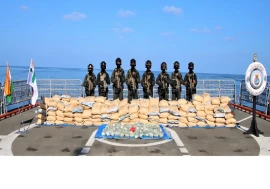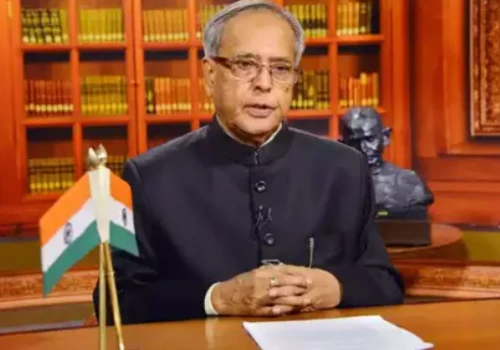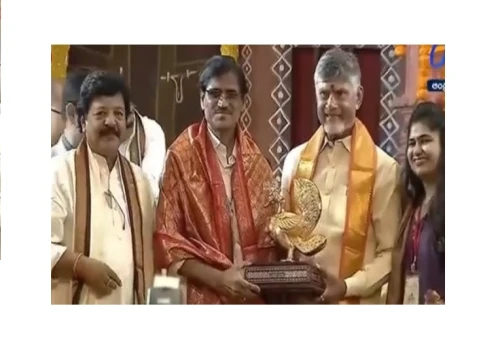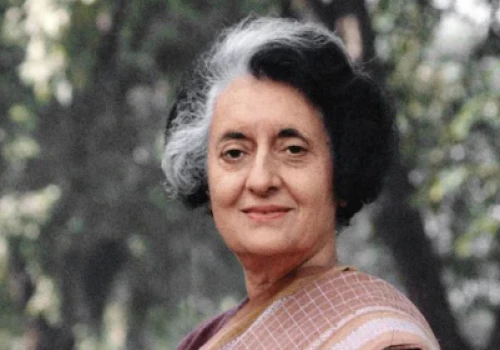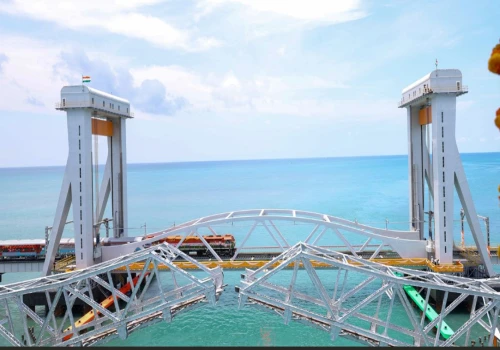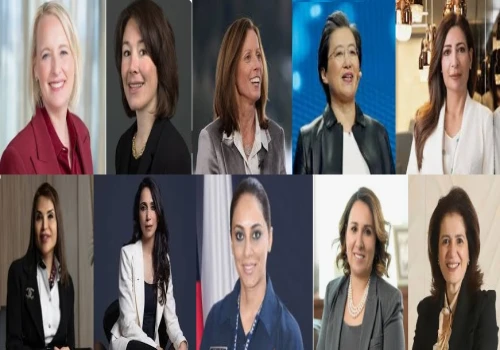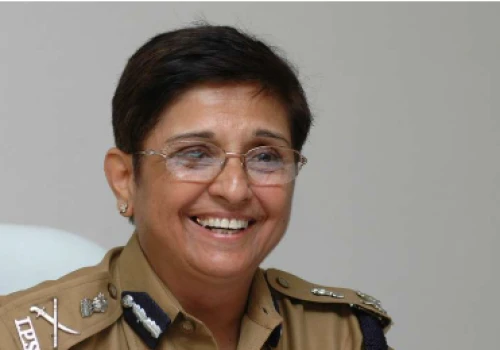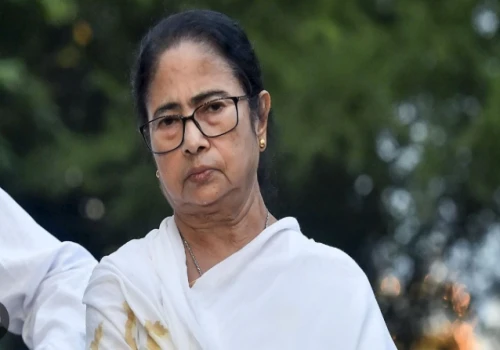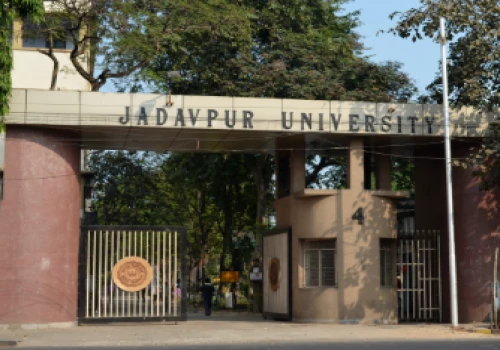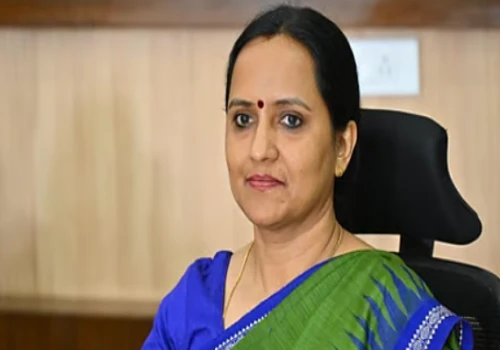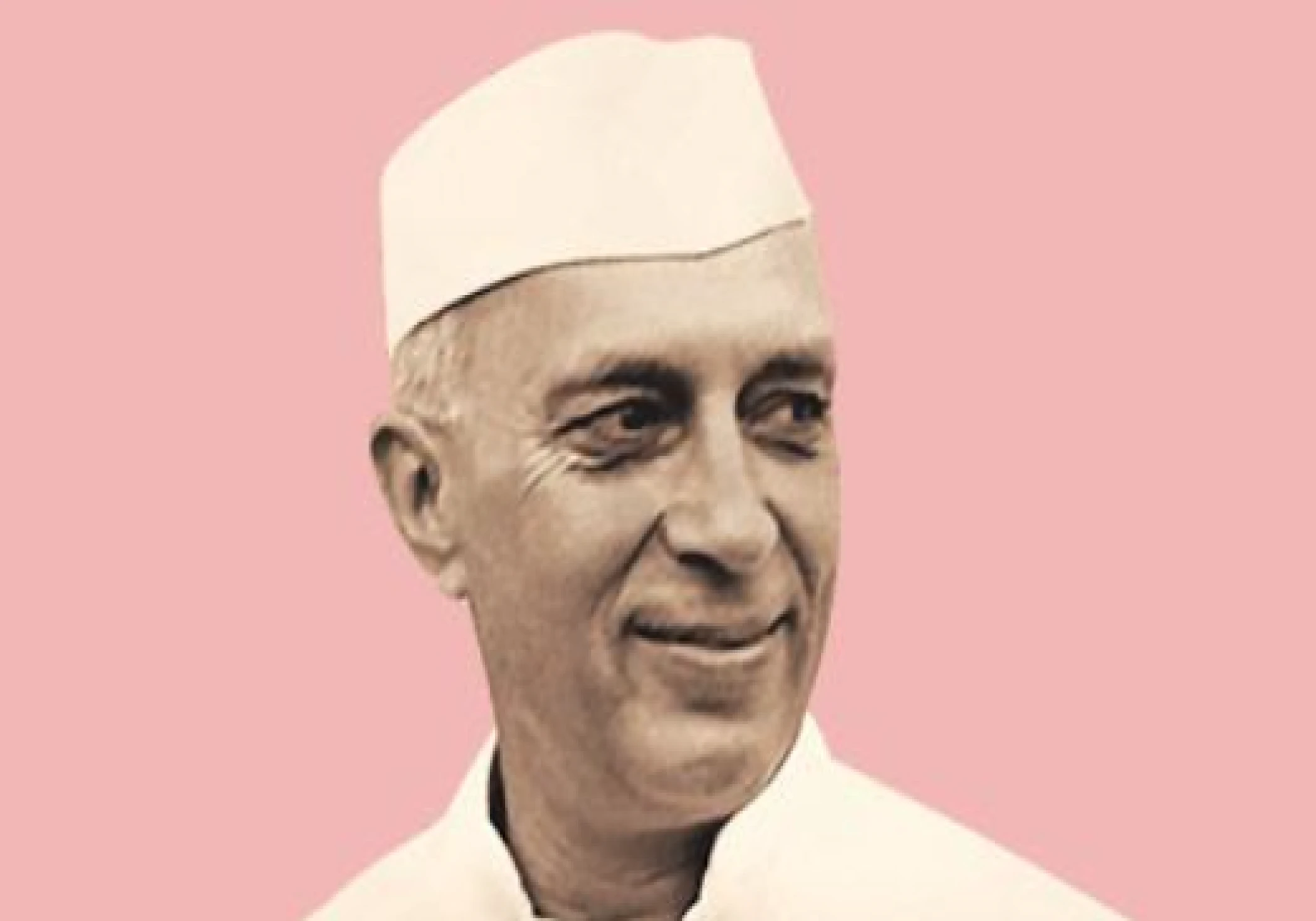
India's first Prime Minister and India's most renowned freedom struggle leader, Jawaharlal Nehru, is India's greatest influential leader. His personal life and political life are the embodiment of India's transformation from colonial rule to a free republic. A visionary statesman, Nehru led India not just through its first few decades of independence but also laid the framework for its democratic tradition, secular state, and scientific development.
Early Life and Career (1889–1912)
Born on 14 November 1889, Allahabad, Jawaharlal Nehru was the son of Motilal Nehru, a successful barrister and leading figure in the Indian National Congress. He was educated at Harrow, Britain's top school, then Trinity College, Cambridge, and then law at the Inner Temple in London. Nehru was grounded in Indian culture despite his Western education and exposure to the nationalist ideologies of the day.
Membership in the Nationalist Movement, 1912–1939
On Nehru's return to India in 1912, he was a member of the Indian National Congress and actively participated in the struggle for freedom. Inspired by the philosophy of non-violence and civil disobedience of Mahatma Gandhi, Nehru emerged as a prominent leader who called for unconditional independence (Purna Swaraj).
He was arrested on numerous occasions during the 1920s and 1930s for his participation in the Non-Cooperation Movement and other movements of civil disobedience.
Leading the Struggle for Freedom (1939–1947)
By the late 1930s, Nehru was an important leader in the Congress party and was repeatedly elected its president.His socialist and secular ideology guided the party's course in the most critical years towards independence. He was one of the key negotiators with the British government and a signatory to the 1942 historic Quit India Movement resolution. When India was on the verge of independence, Nehru was chosen by the Congress to be the first Prime Minister of independent India.
Prime Minister of India (1947–1964)
As Prime Minister from 15 August 1947 until his death in 1964, Nehru led India through one of its most tumultuous periods. His policies were secularist, democratic, and planned economic development. He promoted industrialisation through Five-Year Plans, established elite institutions like the Indian Institutes of Technology (IITs) and Indian Space Research Organisation (ISRO), and promoted scientific temper.
On the international level, Nehru was one of the founders of the Non-Aligned Movement, ensuring India's neutrality in the Cold War. Despite the setback that the Kashmir issue and the Indo-China War in 1962 presented, his leadership of the Global South wasn't undermined.
Death and Legacy
Jawaharlal Nehru died on 27 May 1964. His death ended the era of an era in Indian politics. The ideals of Nehru still drive Indian democracy, foreign policy, and secular state. His birthday, 14 November, is observed as Children's Day throughout India, given his immense love for children.
Religious and Personal Beliefs
A self-styled agnostic, Nehru espoused secularism in polity. An avid reader and a prolific penman, His writings, the best of which include The Discovery of India and Glimpses of World History, evidence his vast fund of knowledge regarding world affairs, and his thoughtfulness.
Awards and Honours
Nehru was posthumously given the Bharat Ratna in 1955. Many institutions, such as Jawaharlal Nehru University and Nehru Planetarium, are named after him. His service to education and science is remembered through various national awards and scholarships.
Conclusion
Jawaharlal Nehru continues to loom large over the landscape of Indian history — a freedom-fighting leader, to be sure, but one who also had visions and struggled to build a modern, forward-looking, pluralist country. His legacy survives even today in the democratic system of governance and in the secular ethos, which are yet to capture the essence of India's representation in the world community.

